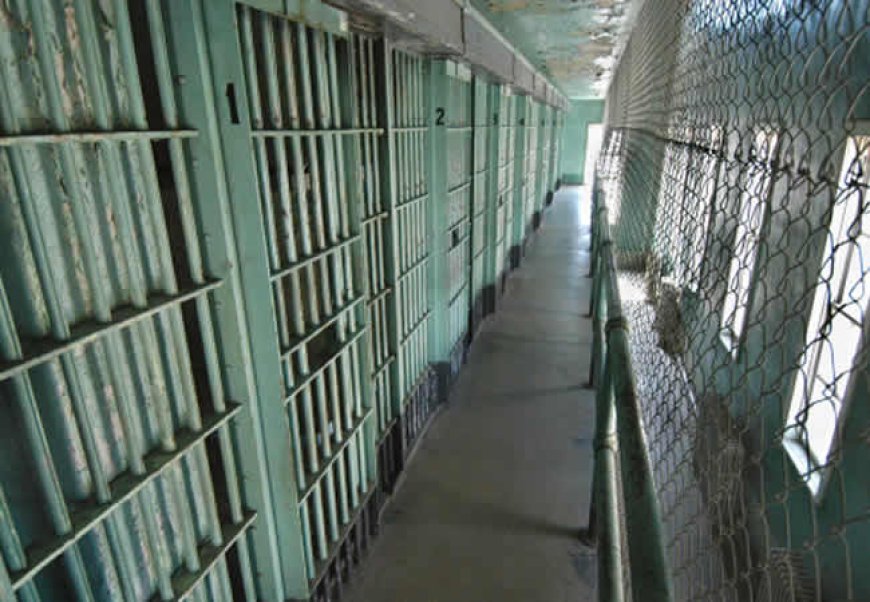Awaiting-trial inmates feeding gulps N14bn in eight months

The Nigerian Correctional Service has spent over N14bn on feeding inmates awaiting trial between January and August 2025, findings revealed.
An analysis of inmate records obtained from the service showed that the population of individuals held without trial has steadily increased over the past eight months.
In January, there were 48,932 awaiting trial inmates. The number rose to 52,771 by the end of February and further increased to 53,254 in March. By April, the figure was 52,937. In June, the number stood at 53,178, before rising again to 53,473 towards the end of July. As of August 25, a total of 53,114 individuals remained in custody without trial.
Based on monthly averages, the inmate population during this period stood at approximately 52,665.
The Federal Government, under the administration of President Bola Tinubu, had raised the daily feeding allowance for each inmate from N750 to N1,125 per day.
Between January 1 and August 25, a total of 237 days, the Correctional Service spent an estimated N59.2m daily to feed awaiting trial inmates. When multiplied over the 237-day period, the total cost amounted to approximately N14.04bn.
Speaking on the matter, the spokesperson for the NCoS, Umar Abubakar, said the service, under the leadership of the Controller General of Corrections, Sylvester Nwakuche, continues to meet its constitutional responsibility of providing daily meals to all inmates in custodial centres across the country.
He noted that despite economic pressures and inflation, the service has maintained its operations by leveraging partnerships with relevant government agencies and food contractors to ensure timely and responsible food supply.
Abubakar emphasised that the service remains open to collaboration with civil society organisations and oversight bodies in maintaining standards and protecting inmates’ rights to adequate nutrition.
He added that feeding inmates is not merely a matter of sustenance, but reflects the service’s broader commitment to humane corrections.
According to him, prioritising inmate welfare lays the groundwork for meaningful rehabilitation and reintegration, and is central to the Service’s vision of a fair, responsible, and just correctional system.
“Despite economic challenges and inflationary pressures, the service has continued to innovate within available resources.
“Through partnerships with relevant government agencies and food supply contractors, the service ensures that food items are sourced responsibly and delivered promptly.
“The service remains open to collaborations with civil society organisations and oversight bodies to ensure standards are maintained and that inmates’ rights to adequate food and nutrition are fully protected,” he explained.

 admin
admin 


